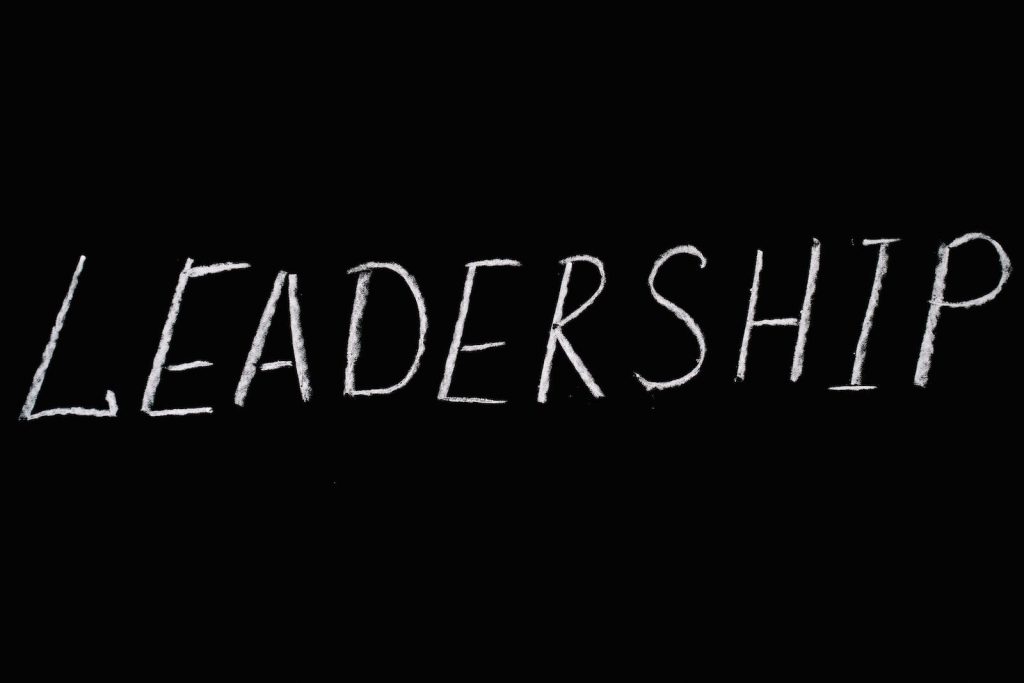As a donor, it is important to ensure that your charitable contributions are going towards organizations and causes that align with your values and maintain high ethical standards. With so many charitable organizations out there, it can be challenging to determine which ones are truly ethical and effective. In this guide, we will explore the key factors to consider when evaluating charitable organizations and causes, as well as provide tips on how to find reputable organizations that are making a positive impact.
Evaluating Charitable Organizations
Transparency and Accountability
One of the most crucial factors in evaluating a charitable organization is its level of transparency and accountability. Look for organizations that provide clear and detailed information about their mission, programs, and financials. Reputable organizations should have easily accessible annual reports, audited financial statements, and clear guidelines on how funds are allocated.
Governance and Leadership
Effective governance and strong leadership are essential for ethical charitable organizations. Look for organizations that have a diverse and independent board of directors or trustees. Additionally, research the background and experience of the organization’s leadership team to ensure they have the necessary expertise to effectively manage and oversee the organization’s operations.

Impact and Effectiveness
An ethical charitable organization should be able to demonstrate the impact and effectiveness of its programs and initiatives. Look for organizations that regularly evaluate their programs, measure outcomes, and share their results with donors. Reputable organizations will be transparent about their successes, challenges, and lessons learned.
Ethical Practices
Consider the ethical practices of the organization, including how they engage with their beneficiaries, employees, and other stakeholders. Look for organizations that prioritize integrity, respect, and fairness in all aspects of their operations. Additionally, consider if the organization has policies in place to prevent conflicts of interest, ensure responsible fundraising practices, and protect the privacy and confidentiality of their beneficiaries.
Financial Stewardship
It is important to evaluate the financial stewardship of a charitable organization to ensure that your contributions are being used effectively. Look for organizations that allocate a significant portion of their budget towards program expenses rather than administrative costs. Reputable organizations should have a clear breakdown of their financials, including the percentage of funds allocated to programs, fundraising, and administration.
Finding Reputable Charitable Organizations and Causes
Research and Due Diligence
Before making a donation, take the time to research and conduct due diligence on the charitable organizations and causes you are considering. Utilize resources such as charity watchdog organizations, independent evaluators, and online platforms that provide information and ratings on charitable organizations. These resources can help you identify organizations that meet high ethical standards and have a proven track record of effectiveness.
Seek Recommendations and Feedback
Reach out to your network, friends, and family members who may have experience with charitable organizations. Ask for their recommendations and feedback on organizations they have supported in the past. Personal testimonials and experiences can provide valuable insights into an organization’s reputation and impact.
Focus on Causes You Care About
Consider focusing your donations on causes that align with your values and passions. When you have a genuine interest in the cause, you are more likely to conduct thorough research and make informed decisions about the organizations you support. Additionally, consider supporting organizations that address systemic issues and work towards long-term solutions rather than just providing short-term relief.
Consider Local Organizations
Local charitable organizations often have a deep understanding of the needs and challenges in their communities. Consider supporting local organizations that have a proven track record of making a positive impact in your area. Supporting local organizations can also provide opportunities for you to get involved and see the impact of your contributions firsthand.
Donor Responsibilities
Regularly Review Your Donations
As a donor, it is important to regularly review the organizations you support to ensure they continue to meet your ethical standards and maintain their effectiveness. Periodically revisit the organization’s website, annual reports, and financial statements to stay informed about their activities and impact.
Engage with the Organization
Consider engaging with the organizations you support beyond monetary contributions. Attend their events, volunteer your time and skills, or participate in fundraising campaigns. Engaging with the organization can provide you with a deeper understanding of their work and allow you to contribute in different ways.
Share Your Experience
Share your positive experiences with reputable charitable organizations with others. By spreading the word about organizations that are making a positive impact, you can inspire others to support ethical causes and help create a better world.
Conclusion
When donating to charitable organizations, it is essential to be an informed and responsible donor. By evaluating organizations based on their transparency, accountability, impact, ethical practices, and financial stewardship, you can ensure that your contributions are going toward causes that align with your values and make a meaningful difference. Remember to conduct thorough research, seek recommendations, and focus on causes you care about. By taking these steps, you can become a more effective and ethical donor, supporting organizations that are truly making a positive impact in the world.

































